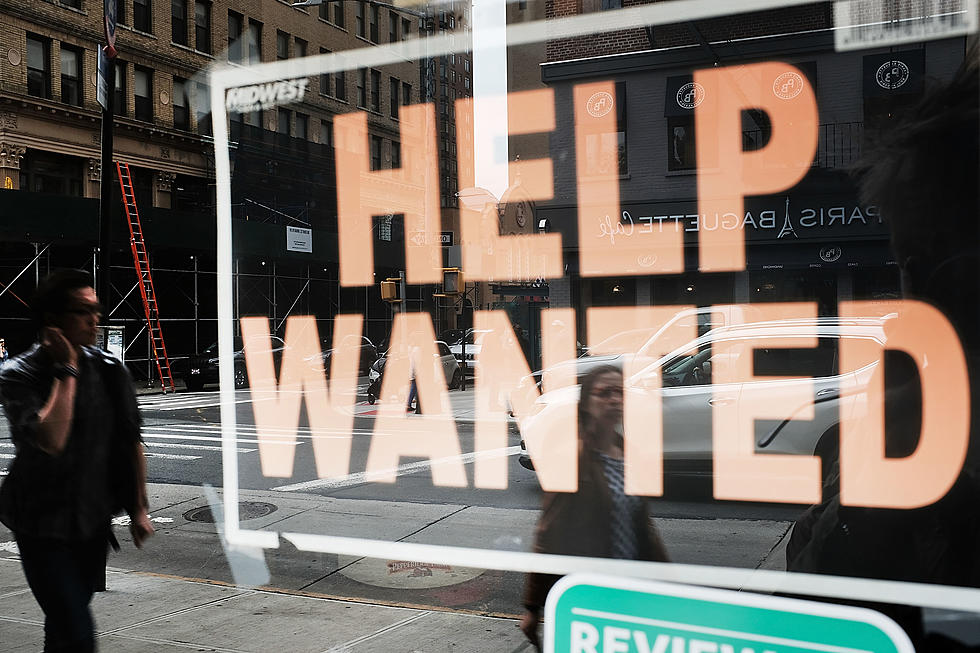The Middle Class Is Getting Hammered, According To New Report [AUDIO]
A new report finds the middle class, in New Jersey and across the country, continues falling farther and farther behind, and is having a tougher and tougher time making ends meet.
Josh Bivens, the Research and Policy Director for the Economic Policy Institute, says, "The thing that stands out more than anything is that if you look pretty much over the past generation, the 30 years even before the great recession, the primary barrier to low and middle income families getting decent living standard growth has been the fact that a very narrow slice at the top has claimed a wildly disproportionate share of total economic growth."
He says, This big rise in economic inequality that resulted was not just some sad accident that dropped out of the sky. It was actually the result of the very predictable result of intentional policy decisions made all along the way that transferred economic power to the top - and away from low and middle income workers."
Bivens notes this has been going on since the late 1970's, and the only exception to that was right after the stock market bubble burst in 2001, and the top one percent had a couple of tough years because they rely on the stock market so much. But, generally, over that full 30 years, you've just had them marching away from everyone else."
He also points out this is not just a Republican versus Democrat issue - this has been a bipartisan consensus.
"These policy decisions have sort of taken bargaining power away from low and middle income workers, whether it's allowing the minimum wage to go for decades and be battered by inflation without raising it, whether it's not allowing labor law to not keep up with growing employer hostility to workers forming unions, it's the federal reserve worrying too much about inflation, and not enough about unemployment - we think all of these things transfer economic power from low and middle income families to the top and they've been agreed to in a bipartisan fashion- it's not one single thing - it's a series of decisions…and the result is it's basically been a lost decade of income growth for middle income families - basically more than 10 years of zero income growth."
Bivens adds, "We are becoming a much less economically mobile society - we're less mobile than we used to be - people have less chances to jump out of the economic circumstances they were born into - and we're also not very mobile relative to lots of our advanced country peers."
More From 92.7 WOBM










